TTC Video Must History Repeat the Great Conflicts of this Century Joseph S. Nye Jr., Ph.D. (1991)
Course Overview
Will the end of the Cold War bring peace and harmony or war and chaos? Is America going to play a dominant role in international affairs or is the U.S. in decline? Is military power still the key to world leadership or has economic power become more important? Should the U.S. attempt to play the role of global police force or should we withdraw from our overseas military commitments?
Professor Joseph S. Nye, Jr., the Dean of The Kennedy School of Government at Harvard University, addresses these issues in this study of international politics.
This course examines the origins of the great conflicts of our century and asks if history is doomed to repeat them.
Twice in the first half of this century, nearly all the great powers engaged in wars that killed nearly 70 million people. During the past 50 years, the Cold War has dominated our lives and international politics.
The aftermath of each war shook the international political system, changed the maps of the world, and set the scene for the next great conflict.
The series examines how concepts like the balance of power and the international system interweave with history. It asks what actually happened in these great conflicts, so we can better evaluate if we are destined to repeat them.
International Politics: Foundations
The first three lectures give you background and tools for the study of international politics.
Lecture 1 discusses the basic international political systems and their characteristics, from empire to the anarchic state system in which we live today.
Lecture 2 deals with the key problem of defining an international system, and it uses the example of the unification of Germany to demonstrate an international political analysis on the individual, the state, and the systemic level.
Lecture 3 gives an introduction to one of the most frequently used concepts in international politics: the balance of power. You examine changing definitions of power as well as the varying definitions of the balance of power. You explore the period between 1814 and 1914 in Europe in order to see different phases of a balance of powers.
International Politics: The First And Second World Wars
Lectures 4 through 6 examine the origins of the great conflicts of the century and the attempts by world leaders to avoid history’s mistakes. You discuss the origins of World War I in the balance of power in Europe and increasingly nationalist politics, as well as the fatalism that led states to believe war could not be averted.
Dr. Nye presents Woodrow Wilson’s attempt to eliminate war from the face of the earth, along with the problems in U.S. domestic politics and the treaties themselves that doomed the League before it was begun.
You consider whether World War II was an inevitable continuation of World War I. Professor Nye distinguishes the causes of the war in the Pacific from those of the war in Europe. He assesses Hitler’s role in the war along with other causes stemming from the Treaty of Versailles.
International Politics: The Present and Future
Lectures 7 and 8 discuss the origins of the cold war and the possibility for change in the international system in the post-cold war world.
You examine the aftermath of World War II and the confrontations that led to a period of intense U.S.-Soviet hostility, and you discuss changes that have occurred in the international political system to preclude repetition of history. The series concludes with an admonition not to simplify current situations into historical analogies.
8 Lectures
Average 46 minutes each
1 Continuity and Change in World Politics
2 What Is an International System?
3 The Balance of Power and Its Problems
4 The Origins of the First World War
5 The Problems and Promise of Collective Security
6 The Origins of the Second World War
7 The Origins of the Cold War
8 Alternatives to the Present International System
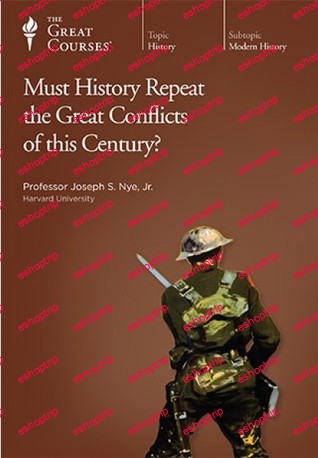
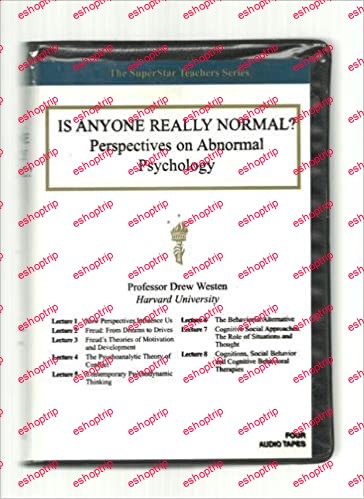

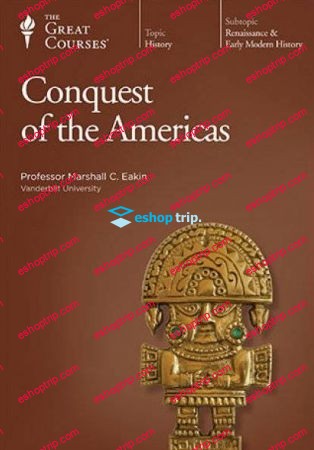
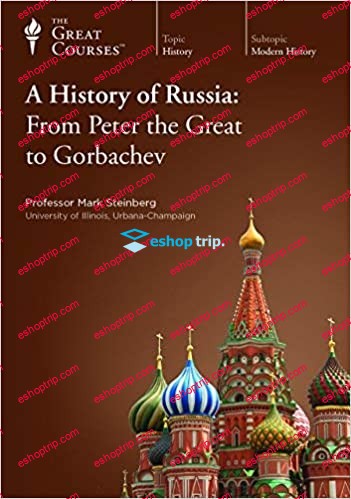
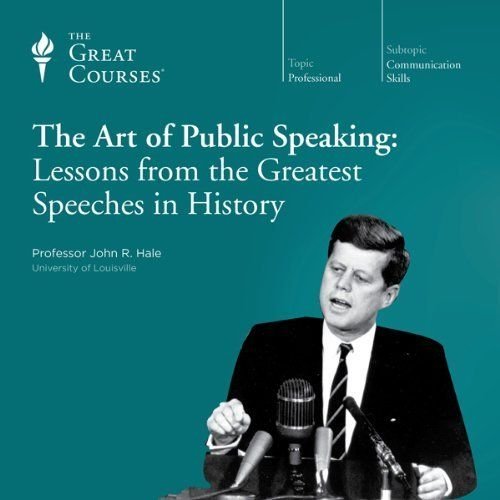
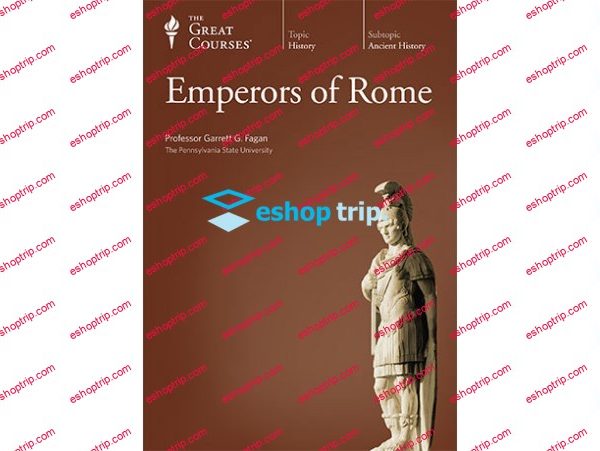
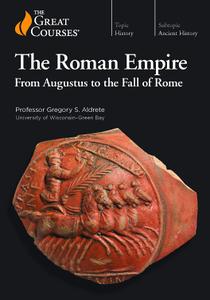
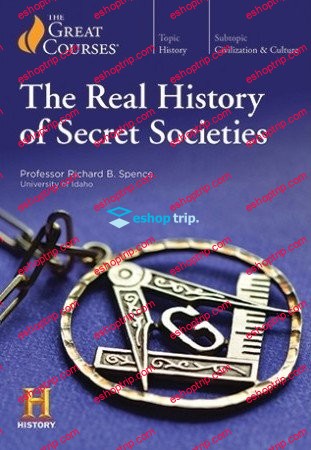


Reviews
There are no reviews yet.